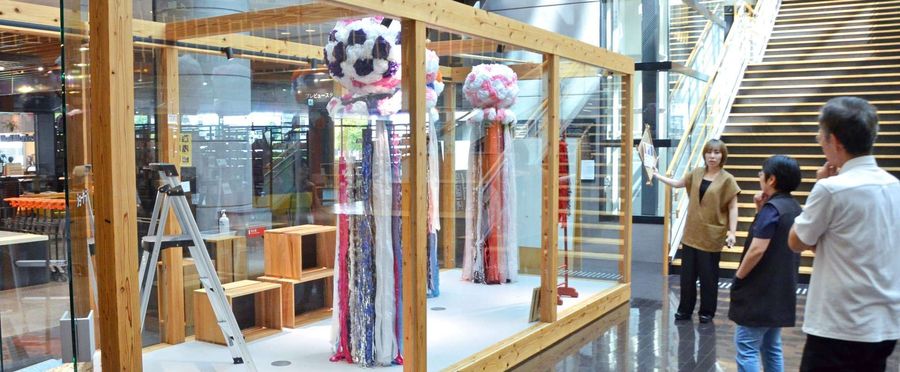In a significant departure from conventional practice, Japanese libraries are flipping the script on the age-old conception of "Quiet = Libraries". This change is being hailed as a revolution challenging entrenched beliefs linking libraries with pin-drop silence. Fueled by a desire to make libraries more vibrant, inclusive, and flexible community spaces, some of the libraries have recently relaxed their noise policies, allowing patrons to converse, discuss, and co-work in audible volumes. This change has led to a renewed debate on cultural norms and societal rules around public spaces.
Libraries in Japan have traditionally been valued for their tranquility. Emphasized by a society that values harmony and respect for others, silence in libraries is seen as a norm, an unwritten rule everybody adheres to. However, this idea is being challenged as an approach to make libraries more adaptable to broader societal needs such as creative collaboration and public gatherings while maintaining a sense of order and respect for others.
This cultural shift contrasts with the trend in libraries in the US or EU, where a balance between silence and collaborative spaces has long been established. Quiet zones coexist with group study areas, lounges, and even coffee shops in some libraries, reflecting a broader interpretation of a library's role as a communal hub. However, despite this divergence, the core values of respect and inclusivity are seen across cultures.

